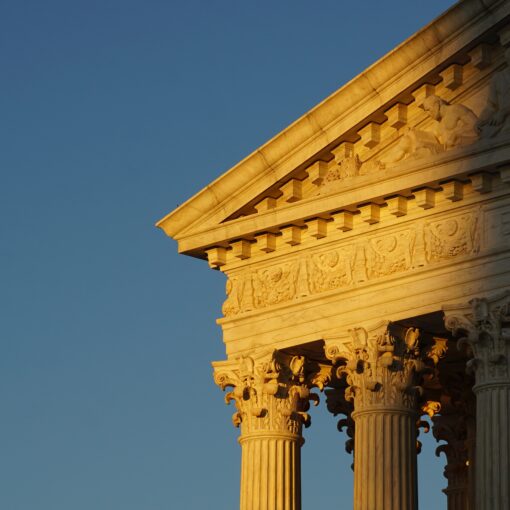Daniel Firger
Associate Director
The Supreme Court on January 10 issued an order denying plaintiffs’ petition for mandamus in Comer v. Murphy Oil, a closely-watched case arising out of damage to Gulf Coast properties as a result of Hurricane Katrina. The order, issued with no comment by the Court, marks the end of a highly unusual appeals process, chronicled by Seth Jaffe on the Law & the Environment blog.
With Comer now effectively dismissed, all eyes are on the Supreme Court’s yet-to-be-scheduled oral argument in American Electric Power v. Connecticut, a companion case that raises similar questions related to standing and the doctrine of public nuisance (see commentary here, here and here). Notably, however, the respondents in AEP are states, not private parties (as in Comer). Whatever the Court’s decision in that case, questions may thus remain about the scope and applicability of any holding that addresses itself primarily to the posture of states vis-à-vis climate nuisance litigation. (Justice Kennedy, in Massachusetts v. EPA, held that states are “entitled to special solicitude” in determining whether they have standing to sue).
Also pending, in the 9th Circuit, is plaintiff’s appeal of dismissal in Native Village of Kivalina v. Exxon Mobil, a similar nuisance case. More information on these and other related nuisance suits can be found on CCCL’s Climate Case Chart, available here (PDF).
Associate Director and Fellow, Center for Climate Change Law


